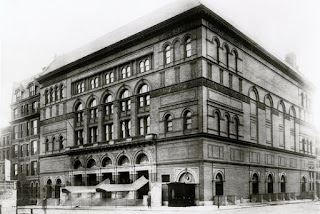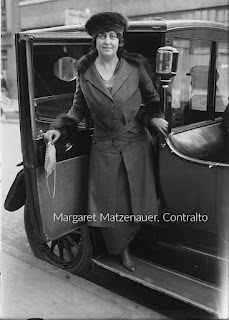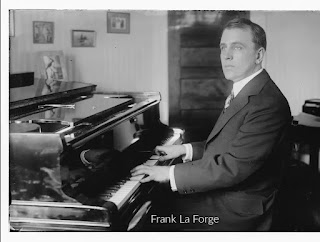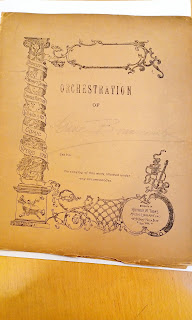Carnegie Hall sits on the corner of 57th Street
and 7th Avenue in New York City. Built in 1891 the hall continues to be a center piece of the
city’s musical life to this day. There are
a myriad of great classical musicians’ spirits hovering around that venerable stage
where they once performed.
On April 5, 1918 the outer lobby of this revered space was decked out with banners and a poster of Uncle Sam. Over the stage hung posters for the national war savings campaign and a picture of large guns and fighting men which stated, “These boys are giving their lives will you lend your quarters?” Another poster encouraged women of America to save their country. What was the occasion? The world famous contralto,Margaret Matzenauer, was giving a recital. Why all the war advertising during her recital? World War I had been raging for nearly four years and the call for citizen’s patriotism was at its height.
Madame Matzenauer presented songs in English, French, Italian, Russian and Norwegian. Not to leave out American composers, she sang songs by Marion Bauer, John Carpenter, Gena Branscombe and her pianist/composer Frank La Forge. Half way through her recital, Matzenauer paused her program to sing the war song “Dear Lad o’Mine” followed by our Star Spangled Banner. I am sure her audience was moved by her commitment to the American war effort.
Madame Matzenauer went on to perform “Dear Lad o’Mine” on a
concert tour which included performances in Brooklyn and Denver.
Collaborating with Canadian poet Katherine Hale, the two artists tell the dramatic story of a mother fearing for her young son at war. All profits from the sale of this song were donated to the Canadian Red Cross World War I effort.
Katherine Hale’s poem:
War gods have descended:
The world burns up, in fine.
Warm your hands by the trenches fire,
Dear lad o’mine.
Sometimes bullets cease at night,
Only songs are heard.
When you feel a phantom step,
Was my heart that stirred.
If you see a dreamy light,
‘Tis the Christ Child’s eyes;
I believe he watches us,
Wonderful and wise.
Let me come to say good night;
Through the campfires shine;
Warm your hands at the trenches fire,
They still hold mine.
Dear lad,
Dear lad o’mine.















